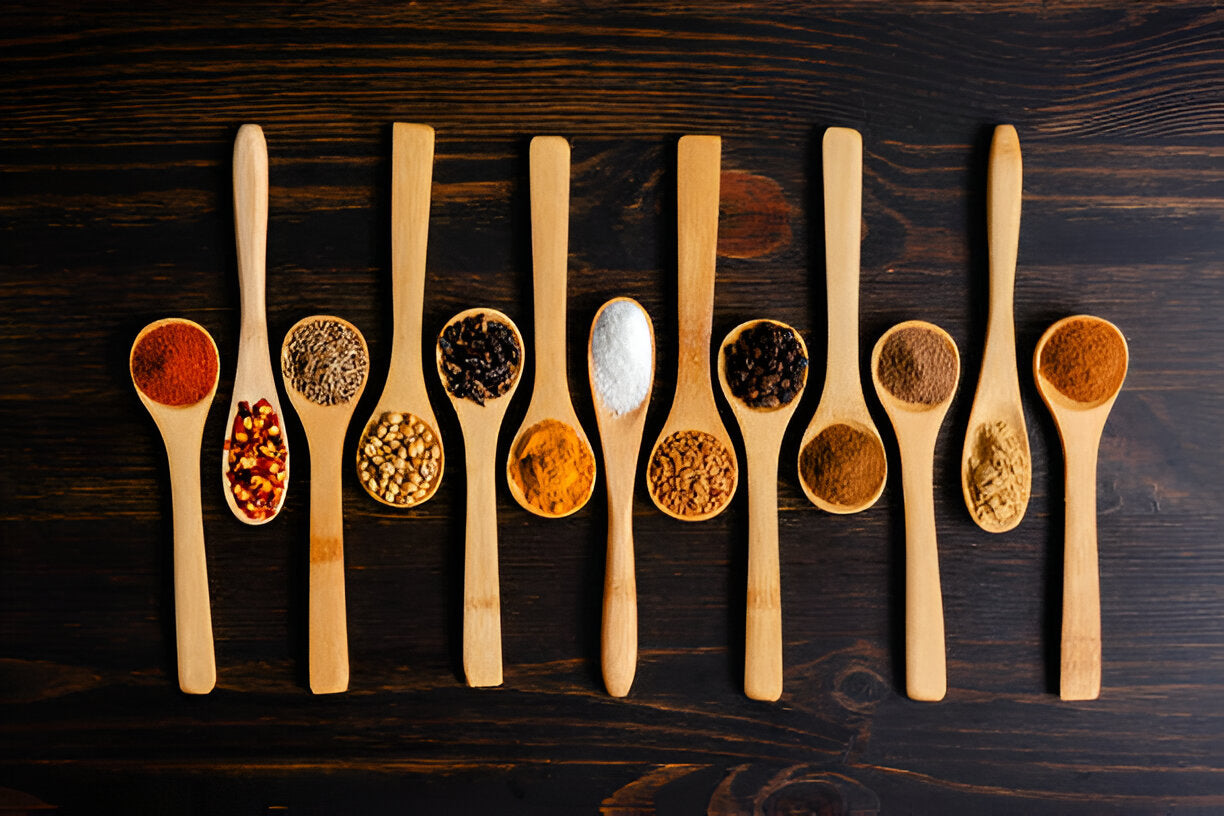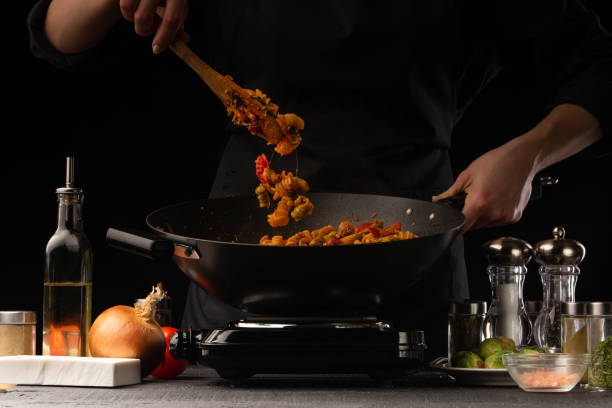When we think of spices, the first thing that comes to mind is flavor. But the truth is, spices are far more than culinary enhancers—they are natural powerhouses of health, tradition, and culture. From ancient medicine to modern kitchens, spices have been deeply woven into the fabric of civilization.
The Origins of Spice Use
Spices like turmeric, cinnamon, cloves, and black pepper were once as valuable as gold. Ancient trade routes such as the Silk Road and the Spice Route were established primarily for spice exchange. These aromatic ingredients were prized for their ability to preserve food, enhance flavor, and heal the body.
Health Benefits Backed by Science
Turmeric: Contains curcumin, a compound known for its anti-inflammatory and antioxidant properties. It's widely used to treat joint pain and support digestion.
Cloves: Packed with antioxidants, cloves can help regulate blood sugar and improve oral health.
Black Pepper: Enhances the bioavailability of nutrients and supports metabolism.
Ginger: A go-to remedy for nausea and digestive discomfort.
Cultural Significance
In cultures across Africa, Asia, and the Middle East, spices are deeply embedded in traditional rituals, religious ceremonies, and celebrations. For example, berbere spice in Ethiopia is a symbol of hospitality, while curry blends in India are considered essential to everyday meals.
Incorporating Spices Daily
Add a pinch of cinnamon to your morning oats, steep some turmeric in hot water for a healing tea, or use a clove or two in stews for added depth. Spices make it easy to elevate both your flavor profile and health.





